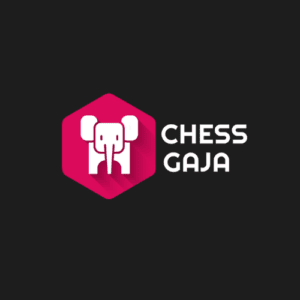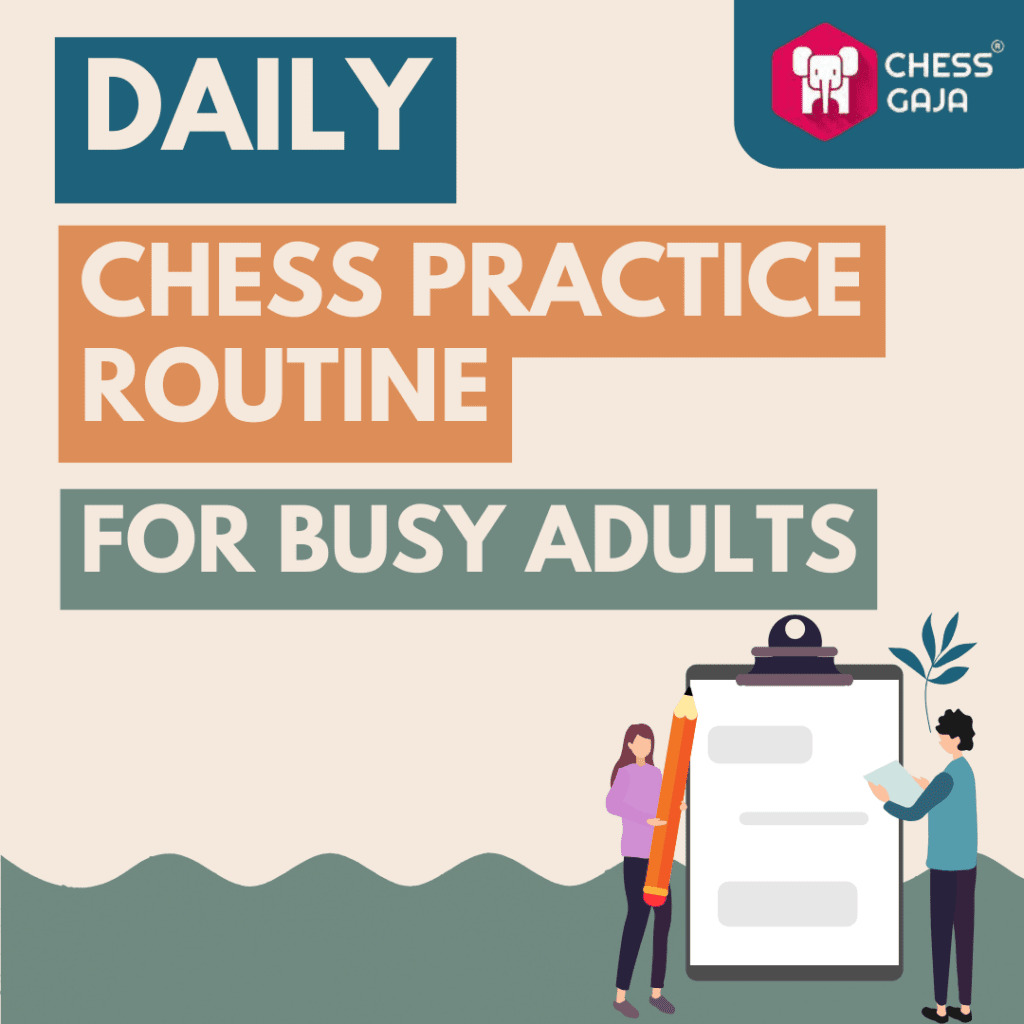Daily Chess Practice Routine for Busy Adults
Are you a busy adult looking to enhance your productivity? Believe it or not, incorporating chess into your daily routine may be the solution you’ve been searching for. Chess is not only a game of intellect and strategic thinking but also a powerful tool for improving memory, concentration, problem-solving skills, and decision-making abilities. In this article, we will guide you through creating a daily chess practice routine specially designed for busy adults like yourself.
Why Chess?
Chess has long been recognized for its numerous cognitive benefits. A game that dates back centuries, it requires players to analyze positions, plan ahead, and make calculated moves – all skills that can translate into various aspects of life, including the workplace. If you’re looking to enhance your focus, critical thinking, and overall mental agility, chess is the perfect activity to incorporate into your daily routine.
Now, let’s dive into creating your very own daily chess practice routine:
Morning Warm-up (15 minutes)
A great way to kickstart your day is by spending a few minutes warming up your brain with a quick chess exercise. This could involve solving a chess puzzle, reviewing a recent grandmaster game, or even playing a short online match. The idea here is to get your mind in a chess-oriented mindset, primed and ready for the day ahead. Set a timer for 15 minutes, and enjoy this engaging start to your morning.
Lunch Break Tactics (20 minutes)
During your lunch break, instead of browsing social media or idle chatter, utilize those precious minutes to improve your chess skills. Dedicate a portion of your lunch break to solving chess tactics puzzles or engaging in online practice games. Websites and mobile apps offer numerous tactical puzzles and scenarios that can help you sharpen your calculation and pattern recognition skills. Spend around 20 minutes during your break on these exercises, and you’ll be amazed at how quickly you improve.
End of the Day Analysis (30 minutes)
Once your workday is complete, it’s time to wind down and reflect on your chess progress. Set aside 30 minutes to review your games or analyze interesting positions you encountered during your lunchtime practice. This is an opportunity to identify any mistakes or missed opportunities, understand alternative moves, and learn from your experiences. Whether playing online or over the board, self-analysis is essential for growth as a chess player.
Weekend Deep Dive (1-2 hours)
While weekdays may often be filled with work responsibilities, the weekends provide a golden opportunity for a more immersive chess experience. Dedicate a substantial block of time, ideally 1-2 hours, on both weekend days to study a specific chess topic or work through a chess book. This could involve studying opening theory, analyzing famous games by renowned players, or delving into complex endgame scenarios. The weekend deep dive allows for a more focused and in-depth exploration of the game.
Online Chess Communities and Tournaments
Outside of your daily routine, consider joining online chess communities or participating in virtual chess tournaments. These platforms offer an excellent opportunity to connect with fellow chess enthusiasts, challenge yourself against different playing styles, and receive feedback on your progress. Engaging with a wider community can be motivating and inspiring, boosting your passion for the game and encouraging regular practice.
The Benefits Extend Beyond the Chessboard
As you consistently engage in daily chess practice, you’ll begin to notice the broader impact it has on your life. Chess not only enhances your mental faculties but also cultivates patience, perseverance, and the ability to handle adversity – all qualities that can greatly benefit you in your professional life. Additionally, chess provides a much-needed break from digital screens, offering a tangible and mentally stimulating alternative.
Remember, progress in chess takes time, dedication, and regular practice. By incorporating a daily practice routine into your busy adult life, you are embarking on a rewarding journey of self-improvement. So go ahead, set up your chessboard, and let the magic of the game unfold!









